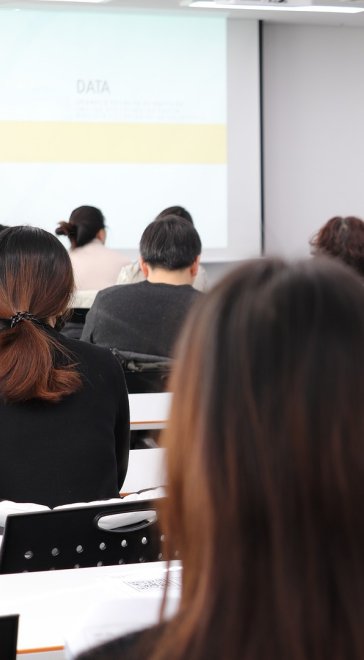LE RADICI CLASSICHE DELLA TEORIA QUANTISTICA
For several decades the mathematical model of Quantum Probability (QP) has been considered as a generalization of classical probability.
However some discoveries of the past 15 years show that the whole quantum theory, including quantum fields, is not a generalization,
but rather a deeper level of classical probability.
In fact, combining classical probability with the theory of
orthogonal polynomials in 1 or several real variables, it is possible to
prove that the canonical commutation relations, both Fermi and Bose
(and in fact even their $q$-deformations), arise canonically from the Bernoulli and Gaussian random variables respectively.
More generally one can prove that there is a one-to-one correspondence between Heisenberg-type commutation relations
and equivalence classes of probability measures on R with all moments.
The equivalence relation being defined, in the one-dimensional case,
by the fact that all measures in a class share the same principal
Jacobi sequence.
To each of these equivalence classes it is canonically associated a
free evolution, generalizing the classical harmonic oscillator evolution.
The characterization of the equilibrium states with respect to any such evolution naturally leads to a generalization of the Planck factor.
Similar arguments, applied to the recently introduced local
equilibrium states, lead to non-linear extensions of the Planck factor and non-linear Gibbs states.
Being functorial, the above construction also provides a generalization
of the second quantization procedure both at Hilbert space (Fock)
and $*$-algebra level and in some special cases (e.g. probability measures
on $R^d$ with compact support) even at $C^*$-algebra level.
However in general the class of morphisms will be much narrower than
in usual second quantization.
This fact supports the intuition that the new quantizations have a physical meaning in terms of non-linear completely integrable classical systems.
The present talk is concentrated on the goal to illustrate
the classical roots of quantum theory, however
if time allows it will be also mentioned how these new ideas have allowed
to solve a multiplicity of long standing open problems both in
classical probability and in the theory of orthogonal polynomials.

